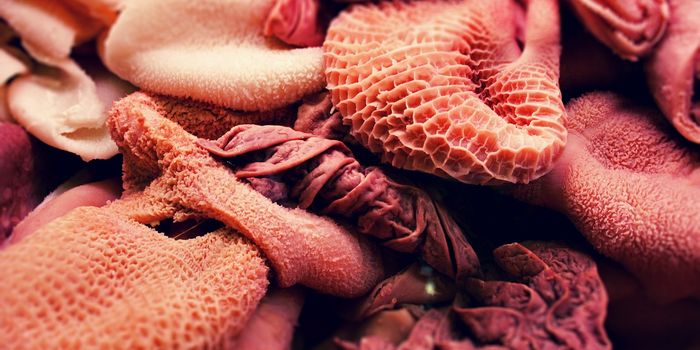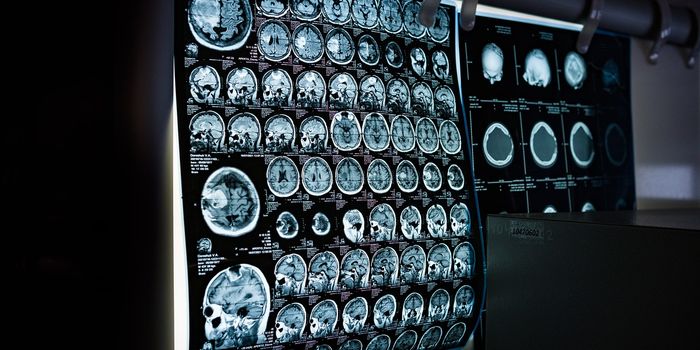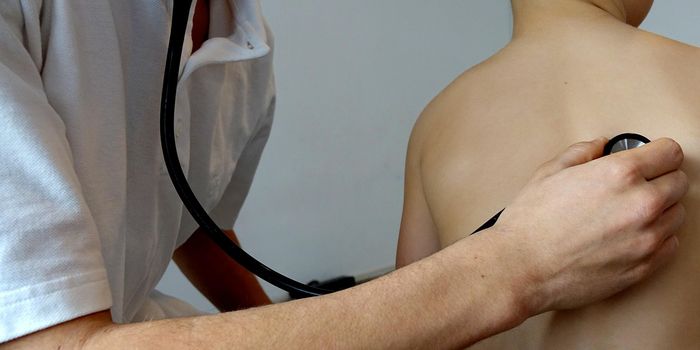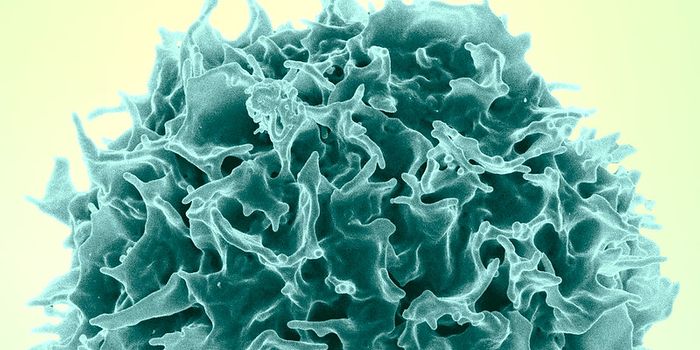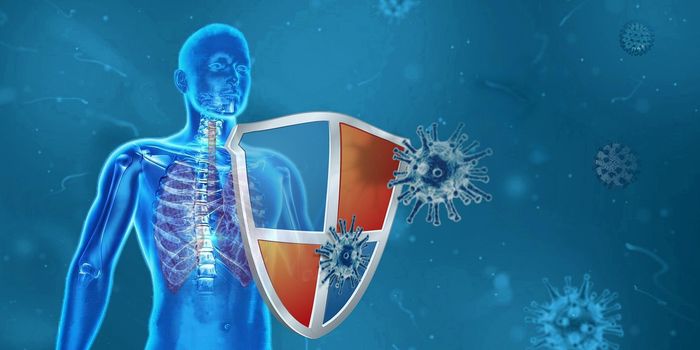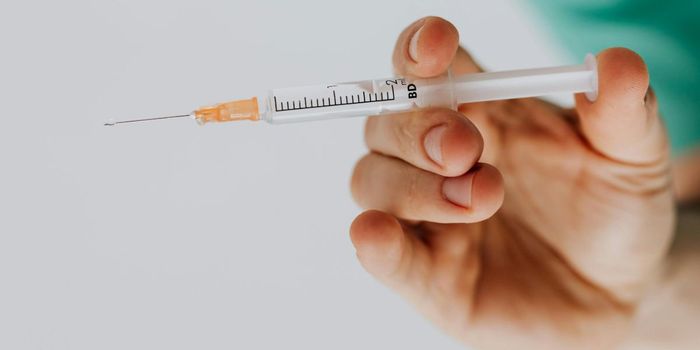Shark Immune Proteins as Pandemic 'Insurance'?
Sharks are incredibly hardy creatures—they've survived in marine ecosystems, often unchallenged predators, for over a billion years. They have their unusual immune systems to thank. Over the course of their evolutionary history, they've inherited a number of remarkable immune mechanisms to help them fight off pathogens.
Among them are tiny, antibody-like proteins called variable new antigen receptors or VNARs. These immunoglobulin-based molecules have caught the interest of drug developers. With their petite size, high stability, and unique structure, VNARs have the potential to unlock new therapeutic and diagnostic applications.
A recent study published in Nature Communications describes how VNARs can be used to prevent coronaviruses such as SARS-CoV-2 from infecting human cells. Scientists say that while it's still too early for these VNARs to help COVID-19 patients, the hope is that the technology can be deployed for future coronavirus outbreaks.
"What we're doing is preparing an arsenal of shark VNAR therapeutics that could be used down the road for future SARS outbreaks," said Aaron LeBeau, the study's lead researcher from the University of Wisconsin-Madison. "It's a kind of insurance against the future."
In their study, LeBeau and colleagues described how the VNARs targeting SARS-CoV-2 were able to latch on to viral proteins in a way that monoclonal antibodies can't, thereby blocking infection. VNARs are small (about a tenth of the size of human antibodies) and can slip into molecular pockets on antigens that larger immunoglobulins cannot.
To find the proteins with the best anti-SARS-CoV-2 activity, the team screened billions of potential VNARs, ultimately identifying three lead candidates. Among the top three, one VNAR called 3B4 stood out for its ability to bind not only to SARS-CoV-2 but also to an array of genetically diverse coronaviruses. Future studies will reveal whether 3B4 will be effective against emerging variants of SARS-CoV-2 and perhaps even other related coronaviruses with pandemic potential.


